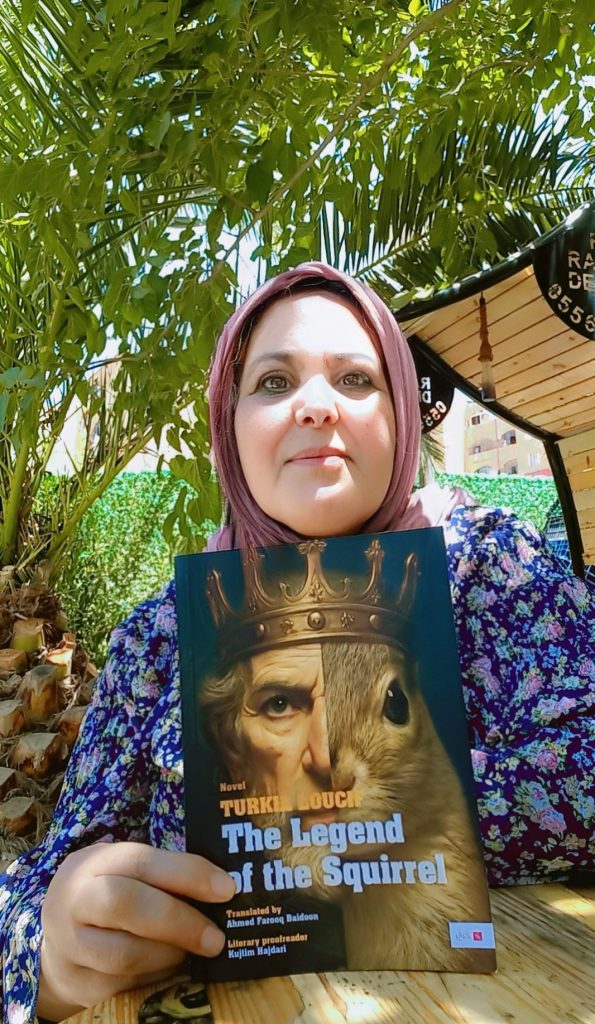
“Myth, Symbolism, and Patriotism: An Exploration of Turkia Loucif’s The Legend of a Squirrel”
The novel “The Legend of a Squirrel” by Turkia Loucif is a captivating literary work that draws inspiration from mythological and symbolic heritage to present a national vision. The story revolves around a conflict between good and evil, with the squirrel representing friendly peoples who helped Algeria in its revolution against French occupation. The castle symbolizes the homeland, while the faeries represent evil forces seeking to take control.
The novel explores themes of patriotism, sacrifice, and the struggle for power, with a unique blend of fantasy and reality. The author’s use of symbolism and mythological elements adds depth and complexity to the narrative, making it accessible to a wide range of readers.
The translation of the novel into English by Ahmed Farouk Beydoun and the Albanian proofreader Kujtim Hajdari has made it possible for a global audience to experience the story. The novel’s success is evident in its bestseller status at exhibitions held in Algeria, and its translation marks an important step in the author’s literary career.
Dr. Mohamed Bashir Bouijra’s critical review highlights the novel’s artistic and literary merits, noting its unique blend of fantasy and social commentary. The review also praises the author’s use of language, which is both accessible and engaging.
As the linguistic reviewer of this novel, Kujtim Hajdari notes that Turkia Loucif’s writing style is characterized by its clarity, precision, and mastery of the Arabic language. Her use of vocabulary is rich and nuanced, and her sentences are structured in a way that is both logical and aesthetically pleasing. The novel’s themes of social justice, power, and the human condition are timely and thought-provoking, and Loucif’s exploration of these themes is both nuanced and insightful.

